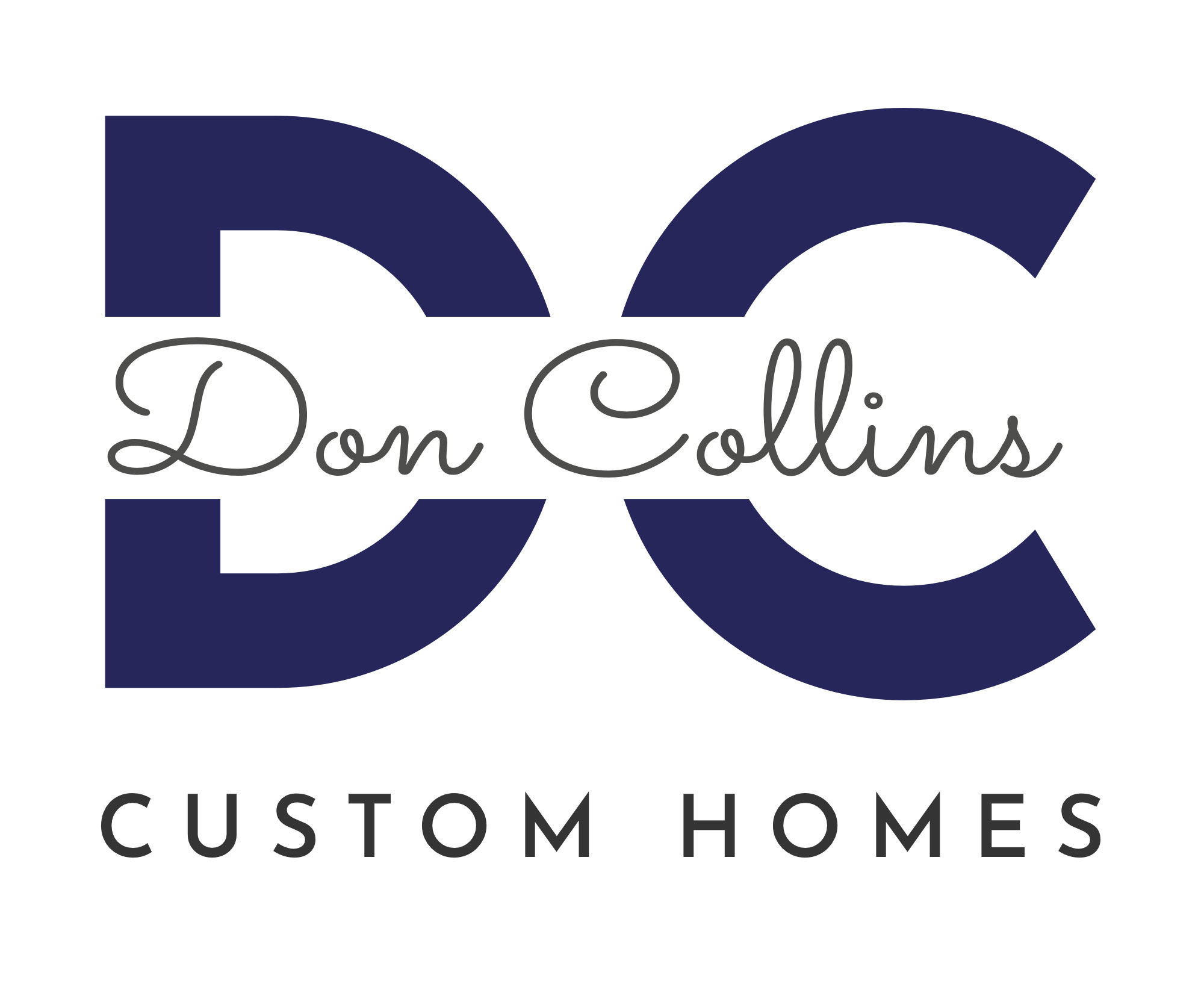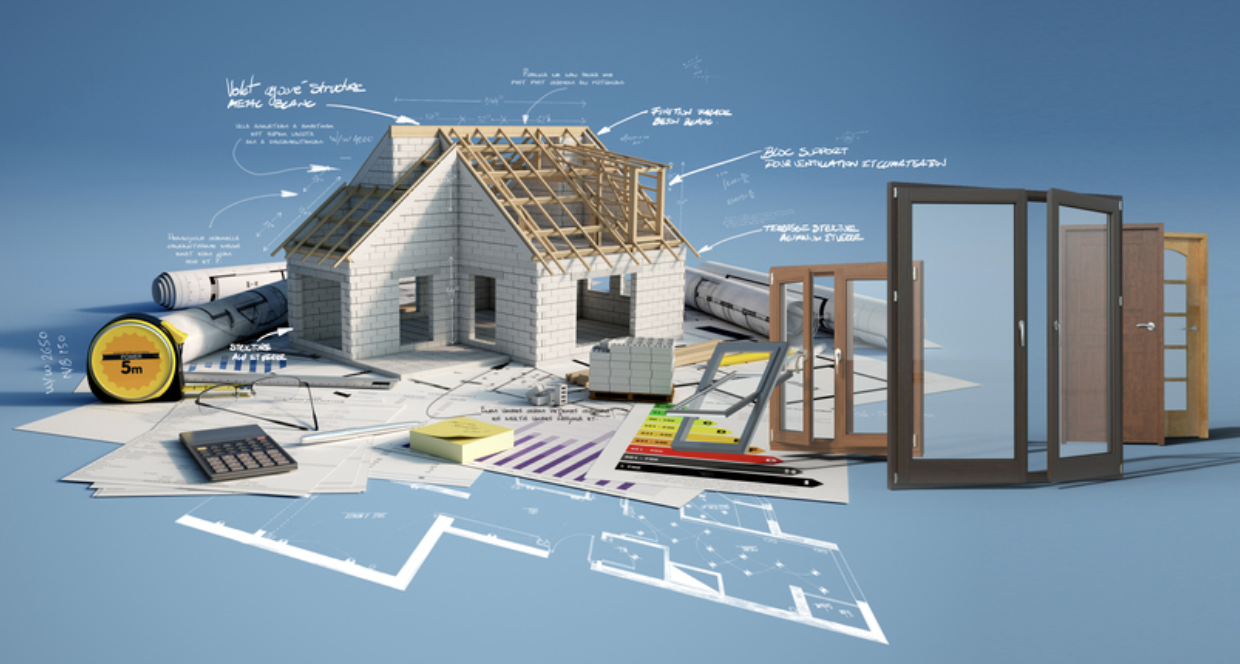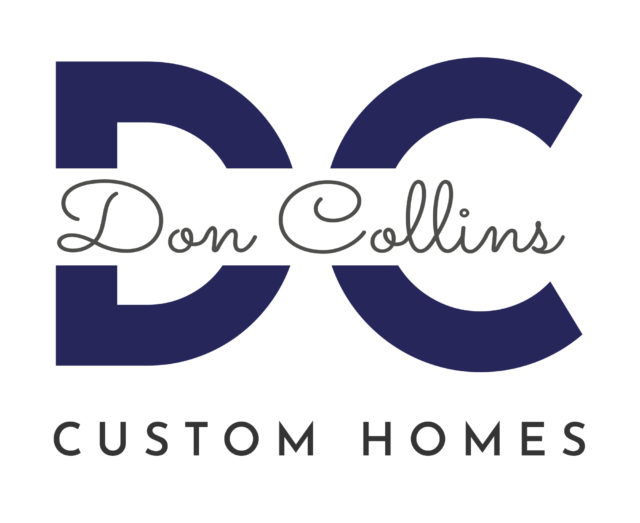The Ultimate Guide to Building An Energy-Efficient Home in North Carolina
Are you looking to build a luxury custom home that is also energy efficient and environmentally friendly? Green building is becoming increasingly popular, and North Carolina is a great place to begin this journey. This ultimate guide to building an energy-efficient home in North Carolina will provide you with all the information you need to design and construct the perfect luxury custom home that is also energy-efficient and eco-friendly. We’ll explore the best strategies for building an energy-efficient home in North Carolina and discuss the advantages of green building. So let’s get started!
Location, location, location
When it comes to building an energy-efficient home in North Carolina, the location you choose can make a big difference. Of course, you’ll want to consider factors like access to schools and shopping, but also keep in mind the overall environmental impact of the area.
One option for those looking for luxury living with a minimal ecological footprint is to choose a location with easy access to public transportation, biking, and walking trails. By doing so, you can reduce your reliance on personal vehicles and cut down on carbon emissions.
Another consideration is the overall sustainability of the area. Look for neighborhoods that prioritize renewable energy, green building practices, and low-impact development.
Of course, choosing the right location also means balancing all of these factors with your personal preferences for luxury living. But with careful planning and research, it’s possible to find a location that offers both comfort and environmental responsibility.
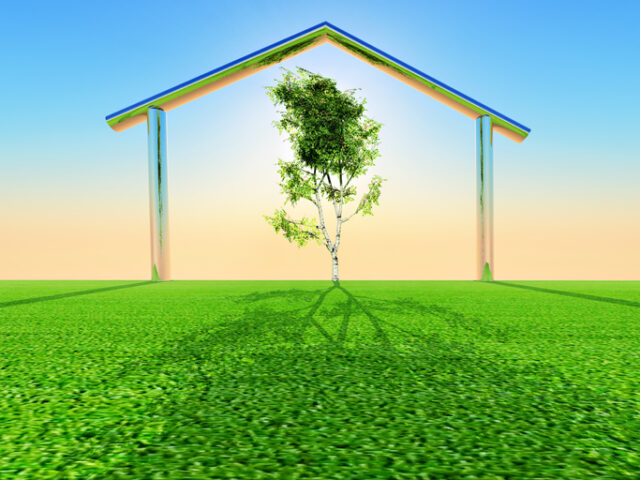
Insulation
Insulation is an essential aspect of building an energy-efficient home in North Carolina. Proper insulation helps keep the house warm in the winter and cool in the summer while reducing the need for excessive heating and cooling.
The two primary types of insulation used in North Carolina are fiberglass and spray foam. Fiberglass insulation is an excellent choice for homes in the state due to its affordability and versatility. This type of insulation is made from glass fibers and comes in different forms, such as batts and blown-in insulation.
Spray foam insulation, on the other hand, is more expensive but offers greater insulation efficiency. This insulation is sprayed directly into the wall cavity, creating a tightly sealed barrier that prevents heat from escaping the home.
In addition to insulation, the attic plays a critical role in maintaining energy efficiency in a home. Adequate attic insulation can help prevent heat loss, which can increase energy efficiency by up to 30%.
When selecting insulation, consider the R-value, which is the insulation’s thermal resistance. The higher the R-value, the more effective the insulation will be in preventing heat transfer.
Properly insulating the home is essential, but homeowners must also ensure that there are no gaps or cracks in the insulation barrier. Gaps can reduce the insulation’s effectiveness, allowing heat to escape the home. To address this issue, use weatherstripping and caulking around windows, doors, and other gaps in the walls.
Insulating the home is a long-term investment that pays off in the form of energy savings and reduced environmental impact. So, make sure to choose the right insulation type and install it correctly to enjoy the benefits of an energy-efficient home.
Windows
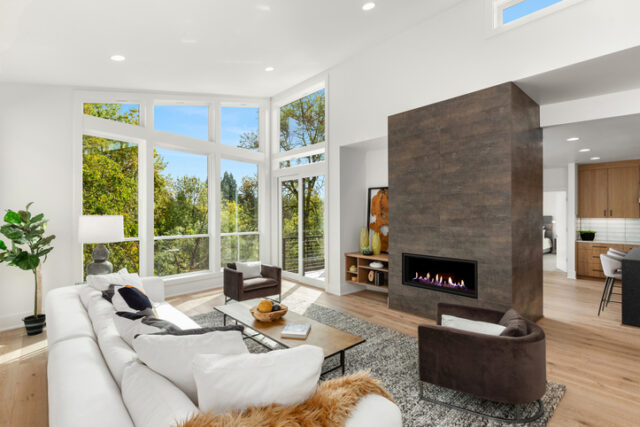
Windows are an important part of an energy-efficient home. They not only let natural light in but also help keep the house cool in the summer and warm in the winter. When selecting windows, you need to pay attention to the materials used, the size, the placement, and the glazing.
The materials used for the window frames can impact the insulation value of the windows. Vinyl frames, for instance, are more energy-efficient than aluminum ones. If you live in a coastal area, you may need to choose materials that are resistant to saltwater corrosion.
The size of the windows should also be taken into account. You want to ensure that they are not too big or too small, as both can affect energy efficiency. Large windows may let in too much heat in the summer and cause heat loss in the winter, while small windows may not provide enough natural light.
The placement of the windows is also crucial. You want to have windows that face the south and west, where the sun shines the most, and avoid placing them on the north side of the house. This helps maximize natural light and minimize heat loss in the winter.
Lastly, the type of glazing used can affect energy efficiency. Double or triple-glazed windows are the most energy-efficient and help to reduce heat loss during the winter and heat gain during the summer. They also help reduce outside noise and provide added security.
By carefully selecting the materials, size, placement, and glazing of your windows, you can help improve your home’s energy efficiency, making it more comfortable and cost-effective. It’s important to work with a reputable contractor who can guide you through the selection process and ensure that the windows are properly installed for optimal performance.
Heating and cooling
Heating and cooling systems account for a large portion of a home’s energy use. To build an energy-efficient home, it’s important to choose a heating and cooling system that is designed for maximum efficiency. One option is a geothermal system, which uses the constant temperature of the earth to provide heating and cooling. Another option is a high-efficiency HVAC system with programmable thermostats and air sealing to prevent energy loss. Whatever option you choose, make sure to properly maintain and regularly clean your system to ensure optimal efficiency.

Lighting
When it comes to lighting in your energy-efficient home, there are a few things to consider. First, choose LED or CFL light bulbs as they use significantly less energy than traditional incandescent bulbs. Make sure to also invest in fixtures with high energy efficiency ratings, such as ENERGY STAR certified models. Another tip is to use natural light to your advantage by incorporating skylights or large windows in your home design. This not only reduces the need for artificial lighting, but can also improve your mood and productivity. Lastly, consider installing dimmer switches to adjust the brightness of your lights according to your needs. These small changes can go a long way in creating a well-lit and energy-efficient home.
Appliances
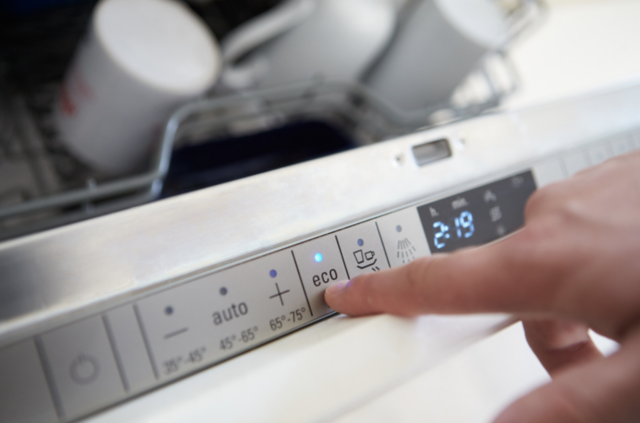
One of the biggest contributors to energy consumption in any home is the use of appliances. When building an energy-efficient home it is important to choose appliances that are energy-efficient. These appliances are designed to use less energy while still performing the same functions as standard appliances.
When choosing appliances, look for the ENERGY STAR label. ENERGY STAR appliances have been tested and certified to use less energy than standard models. This label can be found on everything from refrigerators and freezers to dishwashers and washing machines.
Finally, it is important to properly maintain and use appliances to ensure maximum energy efficiency. This includes things like cleaning the lint trap on your dryer after each use and using the correct water level on your washing machine. By properly maintaining and using your appliances, you can help to ensure that they are working as efficiently as possible.
In summary, choosing energy-efficient appliances, selecting smaller sizes and multi-function appliances, and properly maintaining and using your appliances can all help to save energy and reduce your home’s environmental impact.
Water heating
Water heating can account for a significant portion of your energy bills, so it’s important to choose the most efficient system available. One option to consider is a tankless water heater, which heats water on demand and can be up to 30% more efficient than traditional tank models. Another option is a heat pump water heater, which extracts heat from the surrounding air to heat the water and can be up to 60% more efficient than traditional electric models.
You should also consider the location of your water heater. If it’s in an unconditioned space like a garage or attic, it will have to work harder to maintain the desired temperature and may waste energy. Insulating your water heater and pipes can help reduce heat loss and improve efficiency.
Finally, consider your water usage habits. Installing low-flow showerheads and faucets can reduce hot water consumption, saving you money on your energy bills. Additionally, fixing leaks and only running full loads of laundry and dishes can also help conserve hot water.
By selecting an energy-efficient water heating system and implementing smart usage habits, you can enjoy hot water while keeping your energy bills in check.
Conclusion
Building an energy-efficient home in North Carolina is a great way to reduce your carbon footprint and save money in the long run. By following the tips above, you can create a comfortable and eco-friendly living space that will benefit both you and the environment. However, if you want to take things to the next level and build a custom luxury green home that exceeds all expectations, then consider working with Don Collins Builder. With our expertise in sustainable home design and construction, we can help you achieve your dream home that is not only beautiful but also energy-efficient. Contact us today to learn more!
